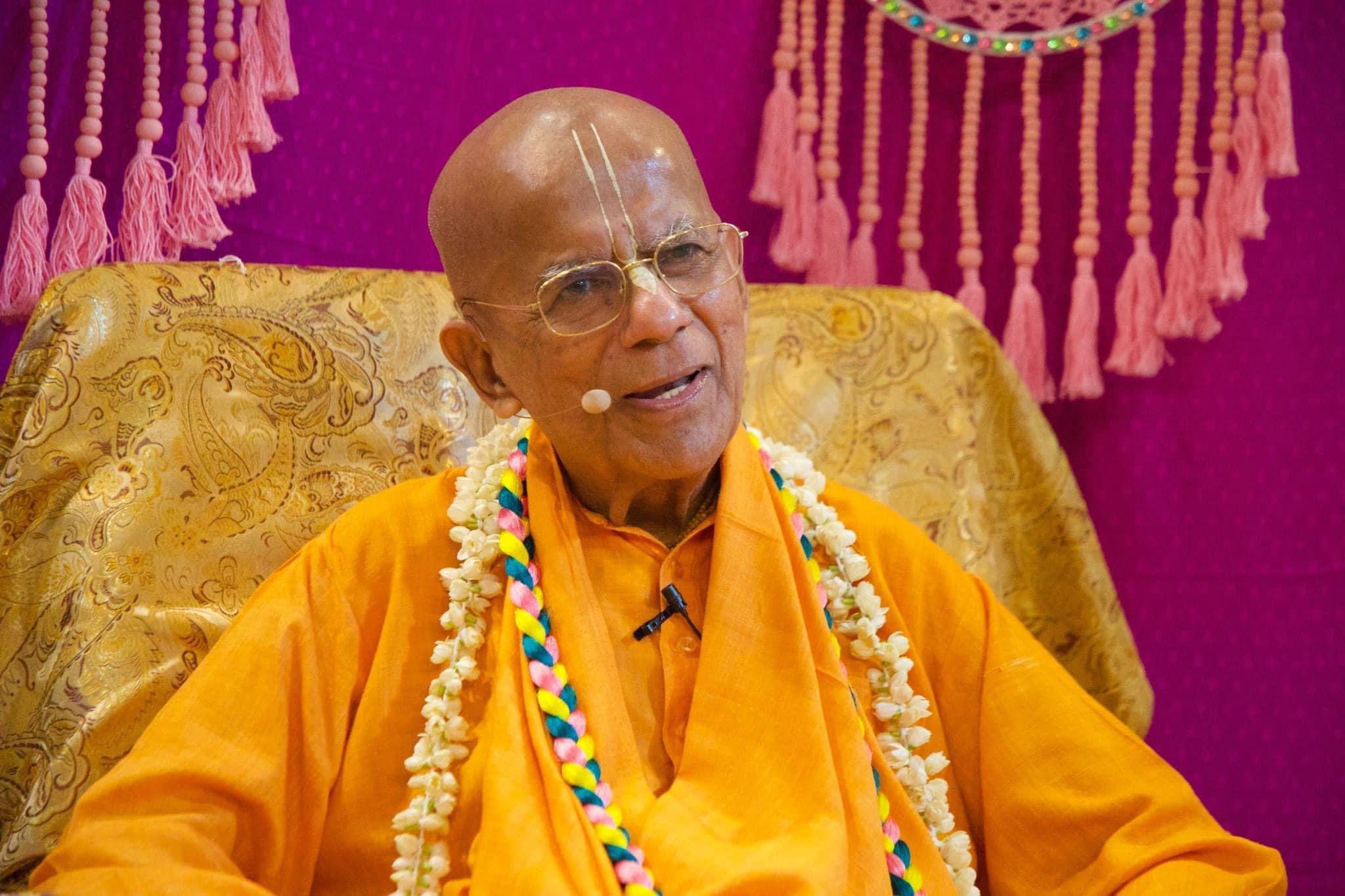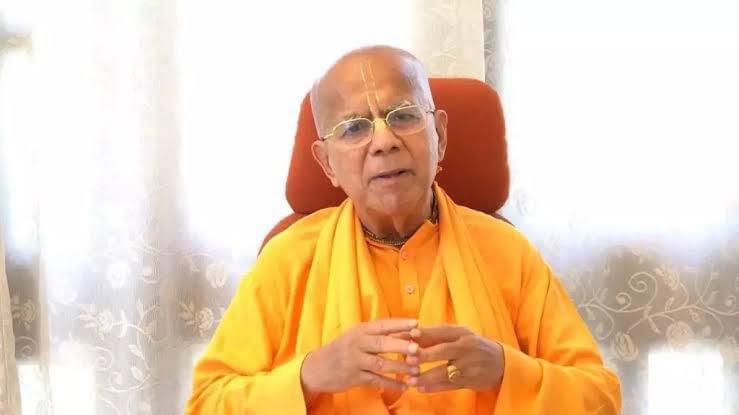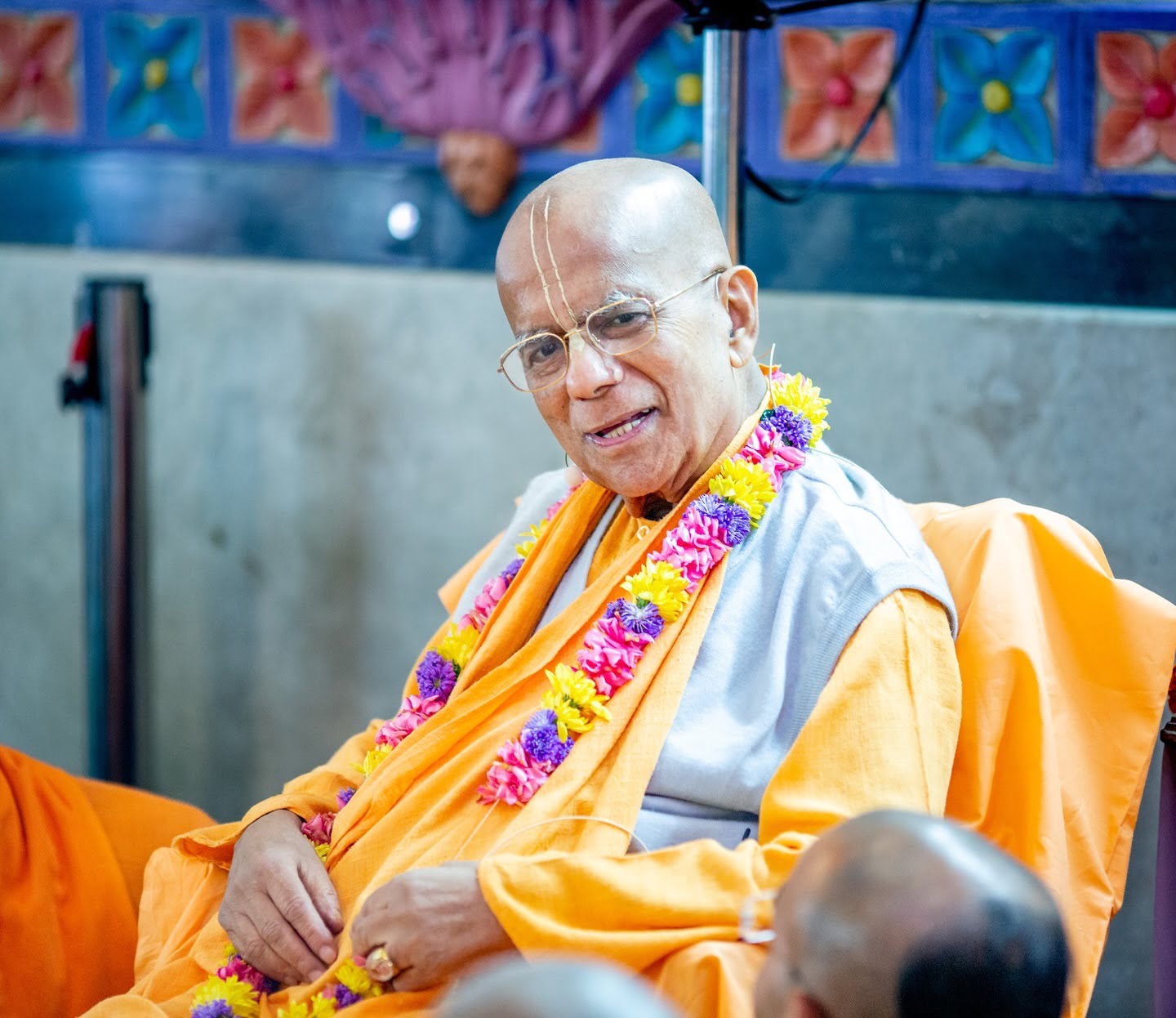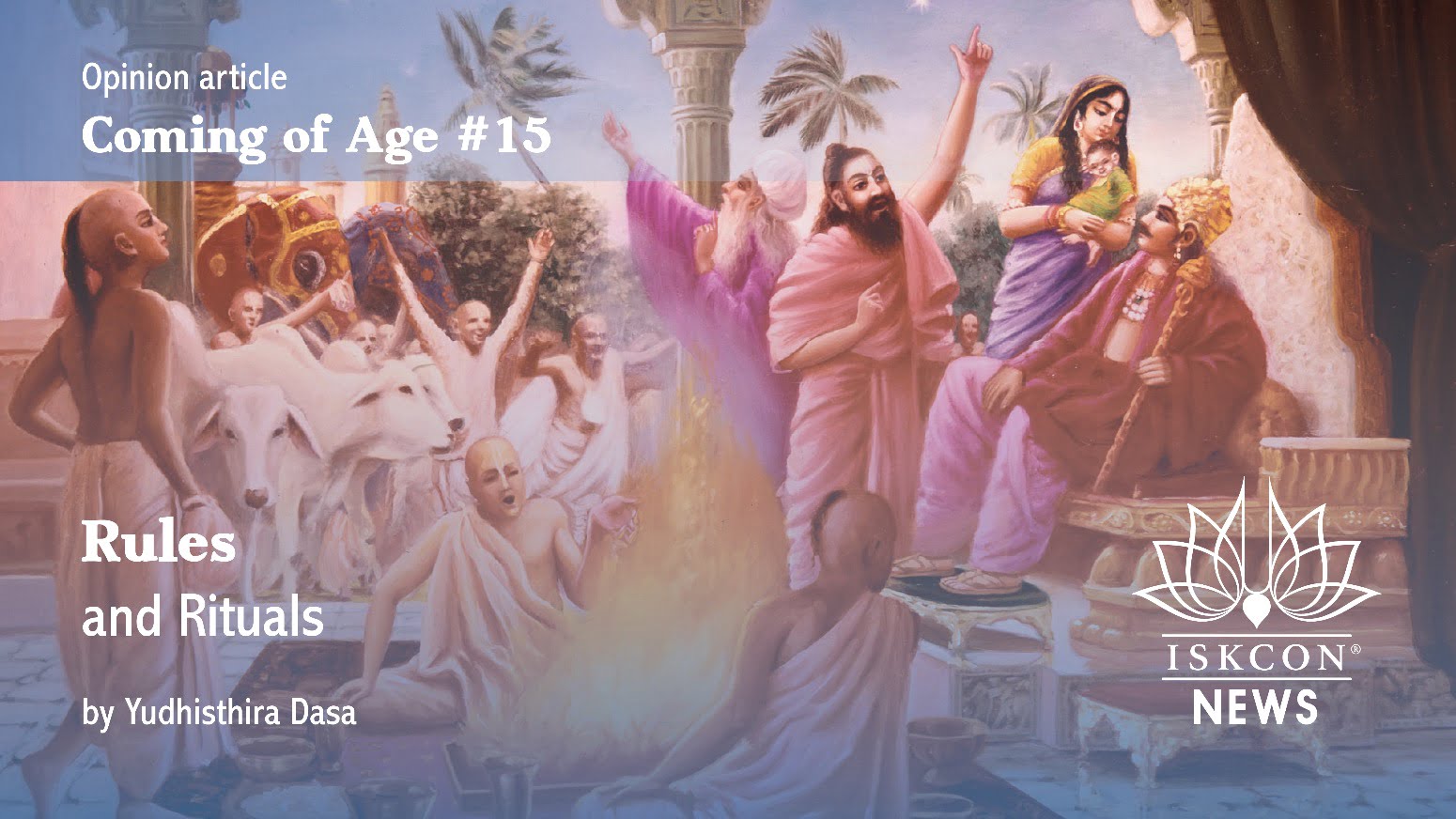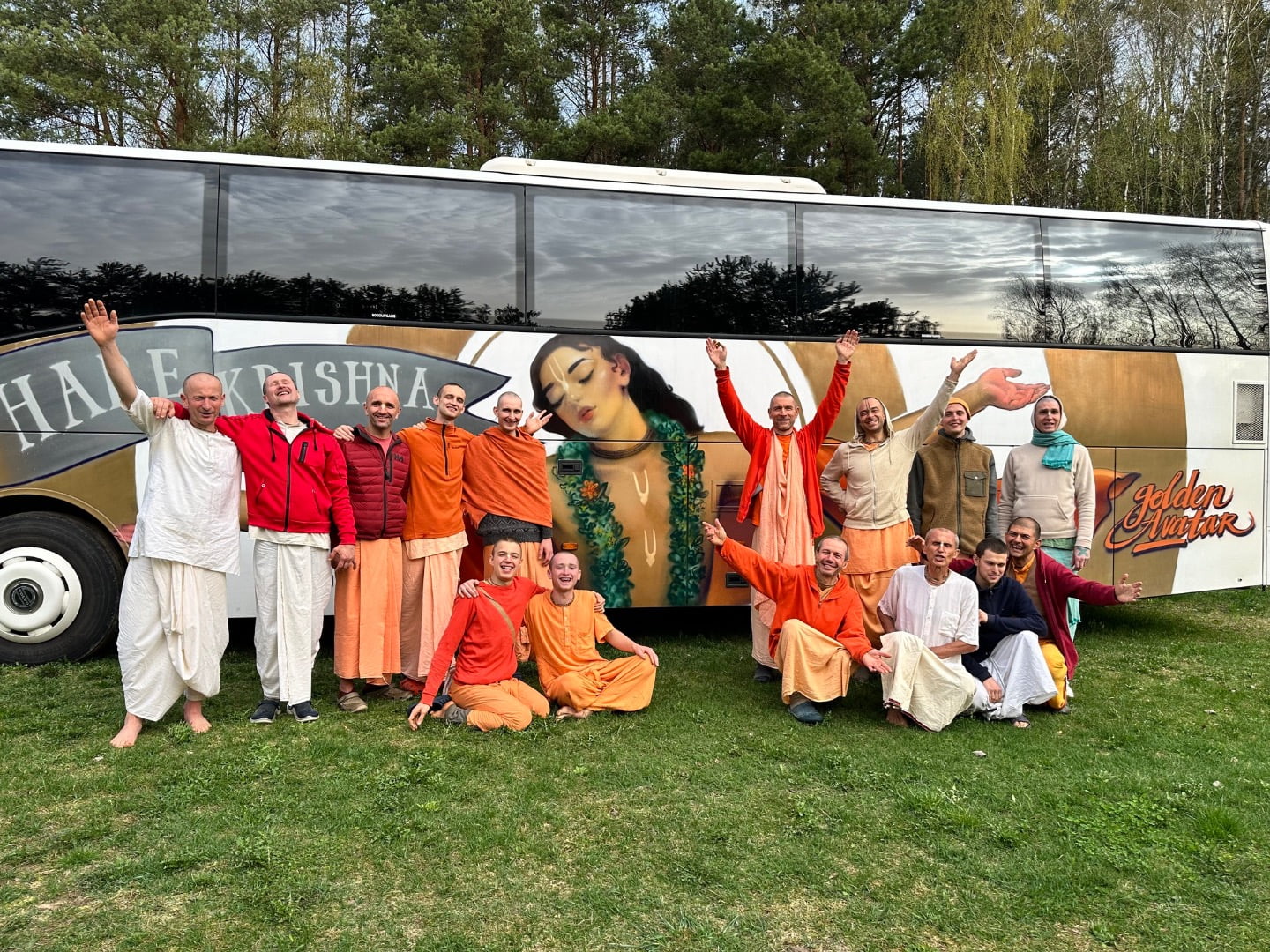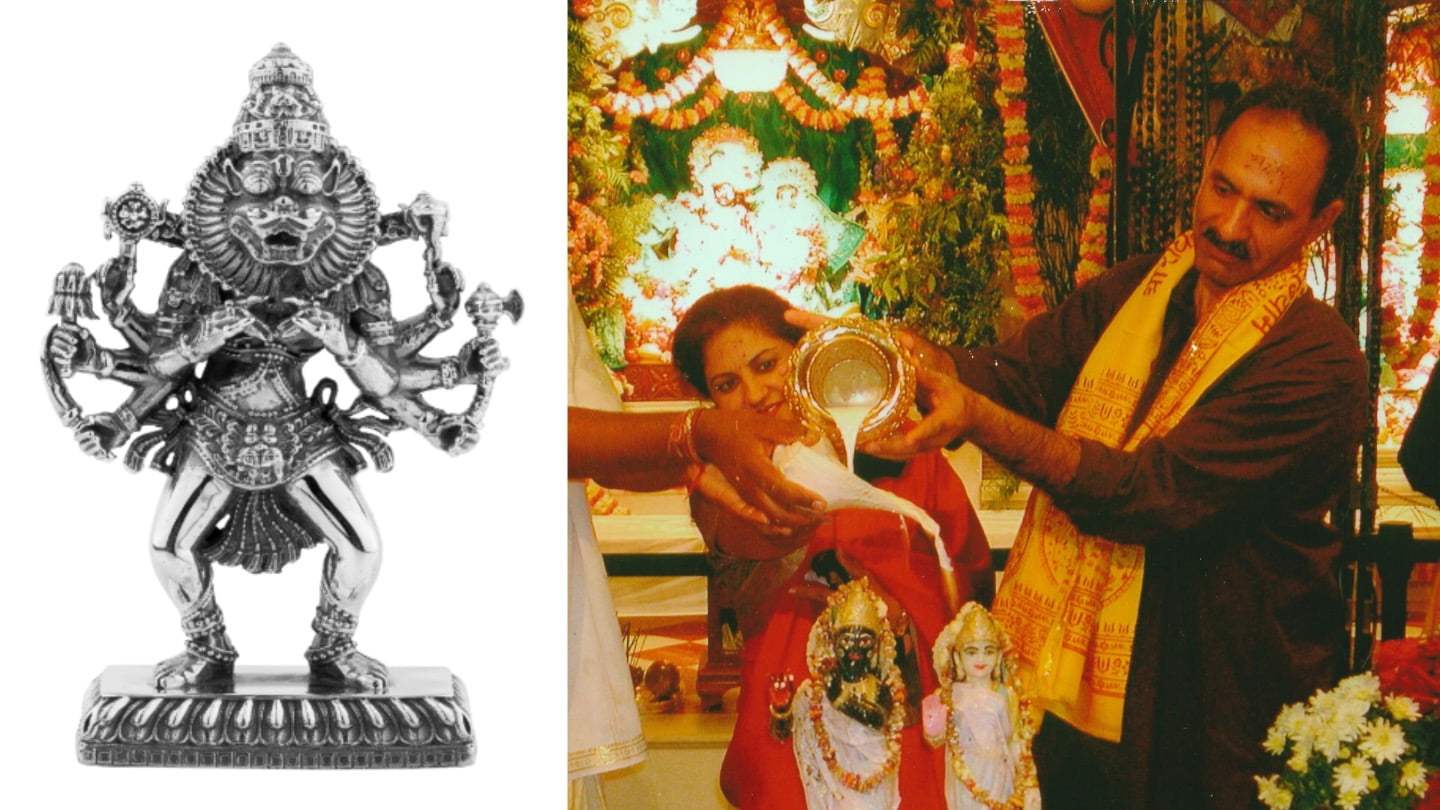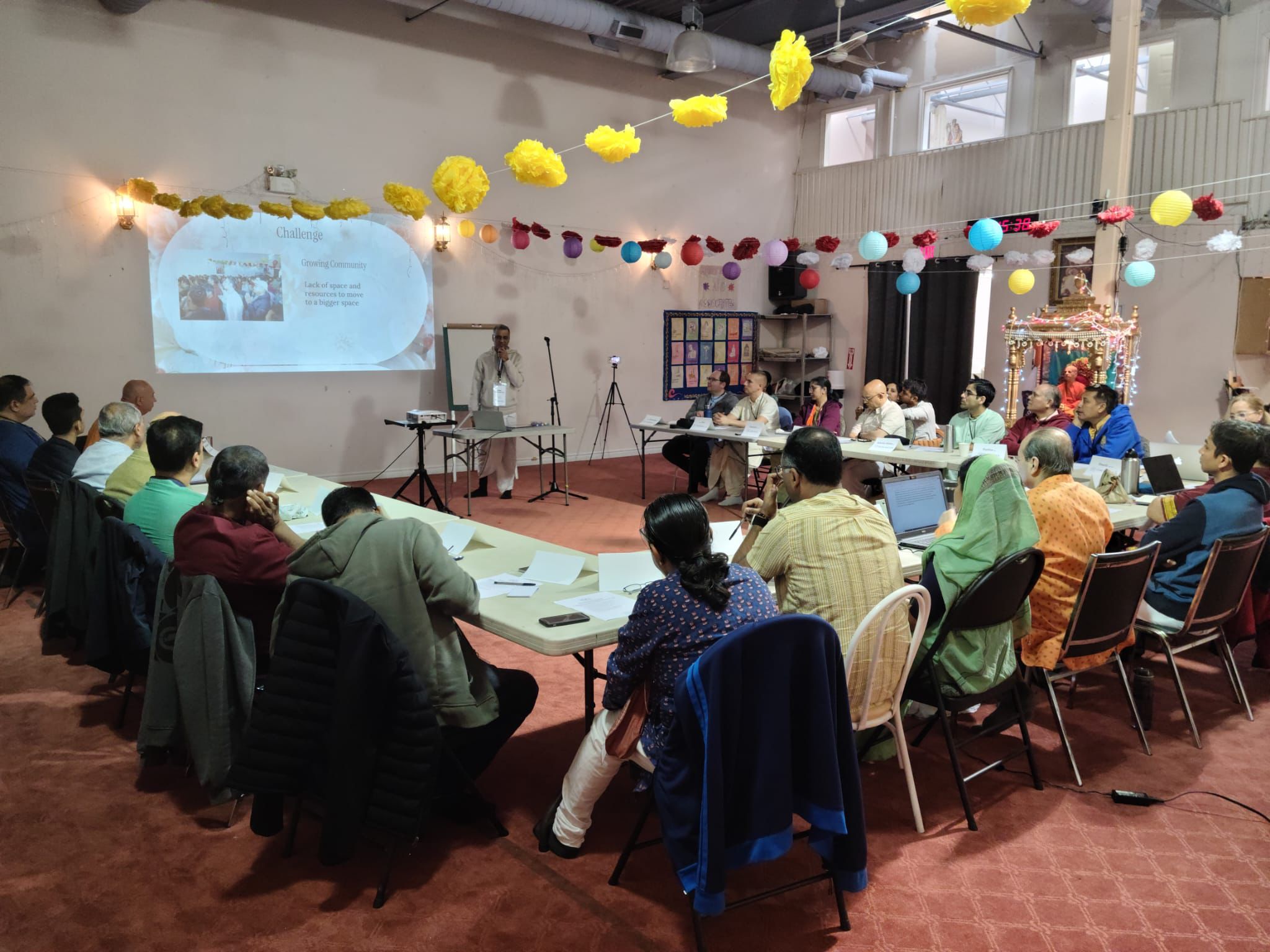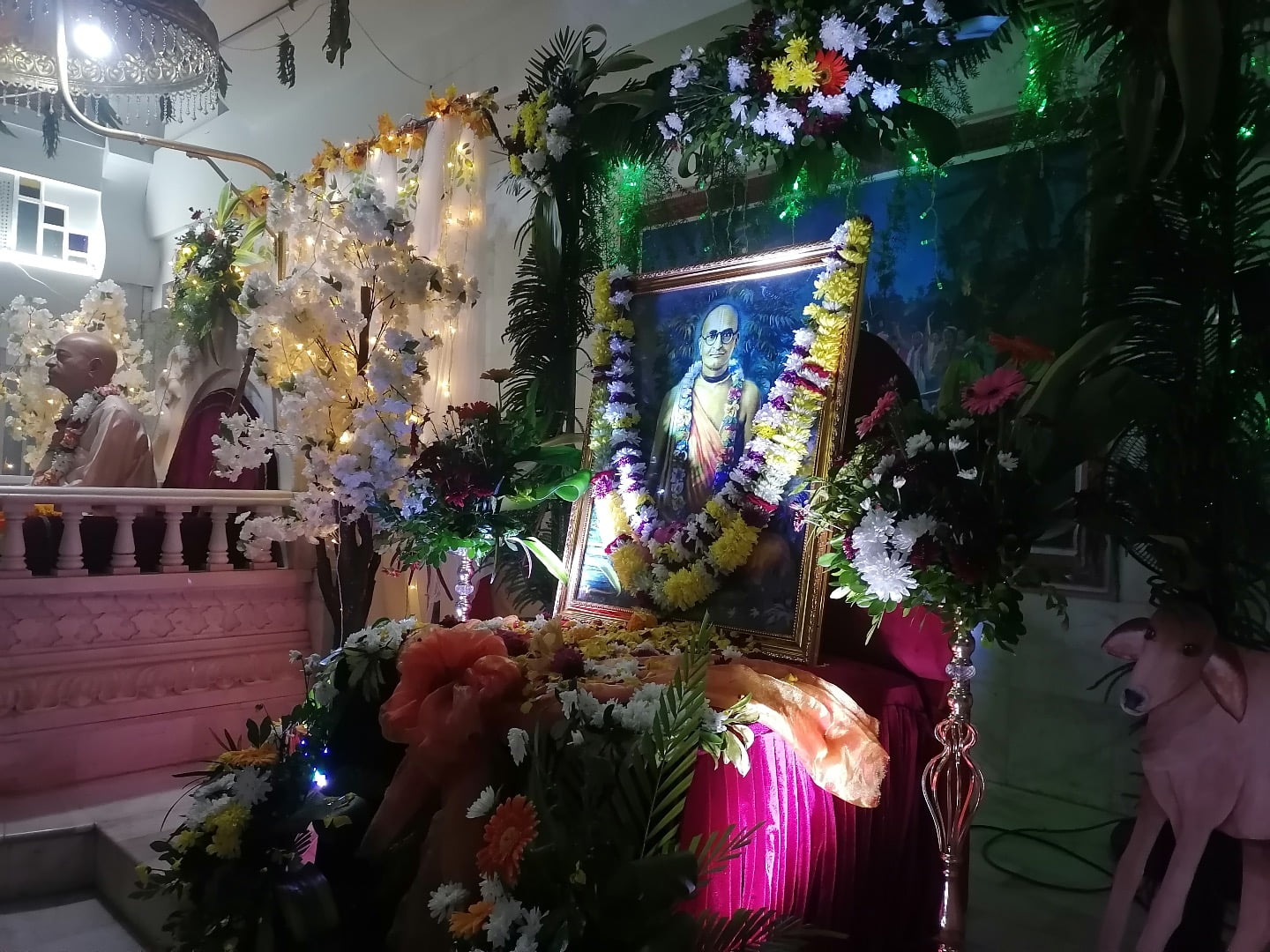To Hell and Back With Gifts
By Tzipi Weiss | Apr 05, 2013

To read an original op-ed from the TED speaker who inspired this post and watch the TEDTalk below:
http://www.huffingtonpost.com/stacey-kramer/finding-a-gift-in_b_2877772.html
Stacey Kramer happened upon a counterintuitive phenomenon. An excruciating struggle with a dreaded disease changed her life for the better! I would have been a skeptic had I not myself come upon this realization through a horrific ordeal. During house renovations I suffered severe exposure to toxic chemicals that resulted in catastrophic illness. The medical establishment had no clear diagnosis or treatment and I had no place for recovery because I could not live in my house. All the elements that rooted me in life and gave me a sense of identity were torn away, and I descended into hell. Yet, about a year later, I returned from exile beyond the mountains of darkness with the feeling that my life had been positively transformed.
I decided to look at this bizarre occurrence in my research. Could it be that after encounters with traumatic events people feel that they are better off? Luckily, it was the mid-1990s, and Rich Tedeschi and Lawrence Calhoun had just coined the term post-traumatic growth (PTG) and developed a model about the process. The myth of the hero who returns from a supreme ordeal transformed and bearing gifts and the age-old idea that suffering may have its rewards became the subject of intense scientific exploration.
I ended up studying PTG in women with breast cancer and their husbands. My work, and the work of many others, provided ample evidence that a large proportion of people who struggled with potentially traumatic events such as life-threatening illness, military combat and natural disasters report positive changes. Like Stacey, women survivors of breast cancer often said that cancer was the worst and the best thing that ever happened to them. Many of their husbands reported PTG as well. Studies have found that PTG is experienced by survivors’ family members and care providers who share both the pain and the potential for gain. Moreover, PTG is a universal phenomenon that has been documented around the globe. Examples include PTG among survivors of earthquakes in Turkey and Japan as well as survivors of terrorism, imprisonment and war experiences in the Middle East and Europe.
As Stacey identified, the trigger for the process that yields PTG is a severe stressor event that is unexpected, unwanted and uncertain. During my illness I wondered: How does one live a broken life, in a tortured body, without a future? She also identifies the domains of transformation: Changes in the sense of self, relating to others and philosophy of life. In the aftermath of a struggle with highly stressful events, individuals may see themselves as stronger and more vital. They may be more sensitive to the suffering of others and more willing to invest in relationships. They may have a greater appreciation of life and a much deeper spiritual or religious perspective. As a husband of a breast cancer survivor attested, you learn “to live life like there is no tomorrow, but hope there is, because the threat of death brings you closer to life.” Survivors can learn to avoid worrying about the small stuff and attend to the awe and wonder all around us.
Read more: http://www.huffingtonpost.com/tzipi-weiss/to-hell-and-back-with_b_2875898.html
About the author: Dr. Tzipi Weiss is an associate professor at LIU Post Department of Social Work and Director of the undergraduate program in New York. She specializes in research on transformation through a struggle with traumatic events and aging. She is a board certified expert in traumatic stress and a clinician in private practice. She is also the mother of an ISKCON devotee, Hari Prasad Das.





